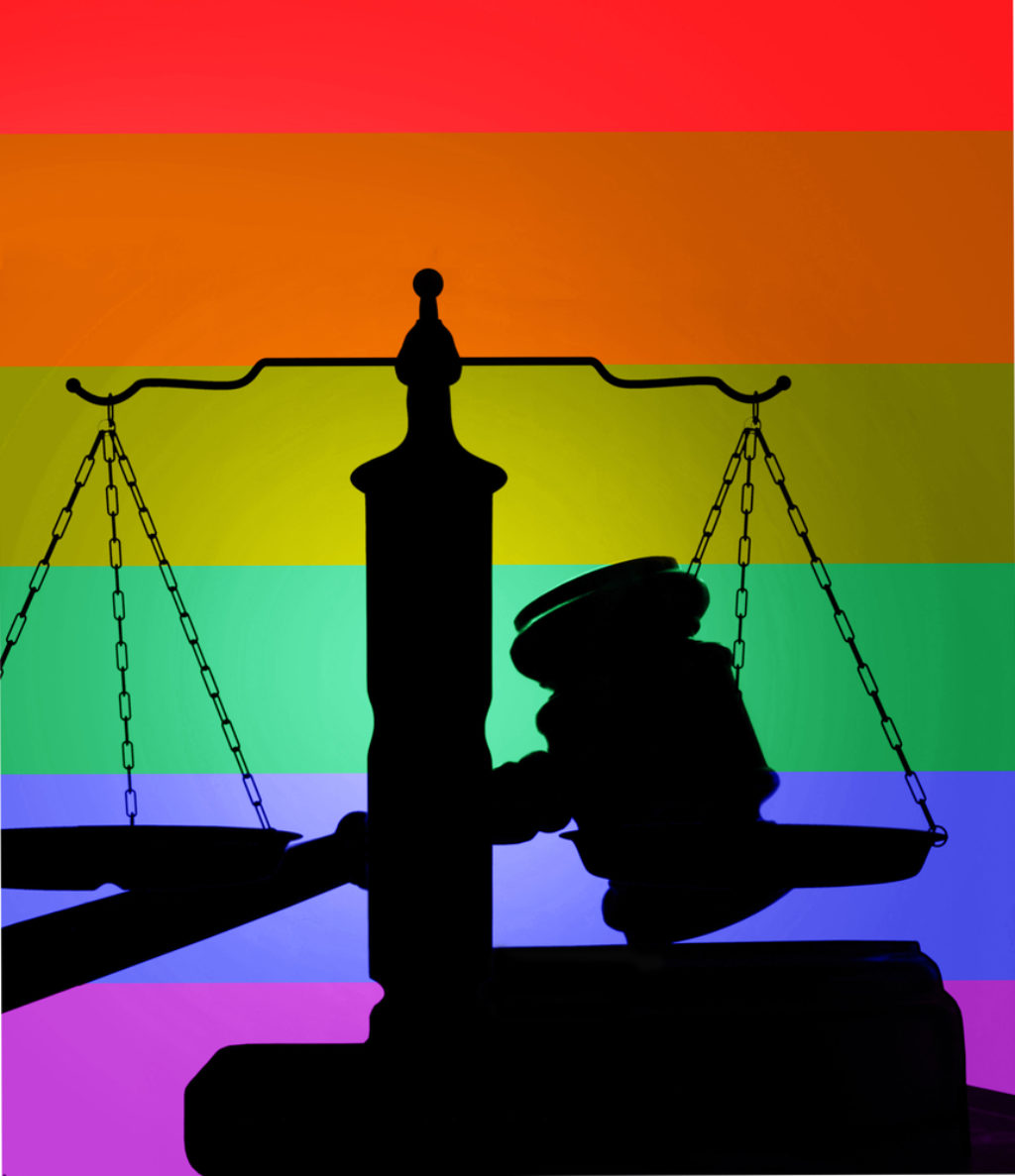Students can be dismissed from Spring Arbor University, which is affiliated with the Free Methodist Church, for being openly gay or transgender or violating other expectations outlined in the university’s “community standards.”
“It’s very much a profound frustration with wanting to be able to stand up for yourself and not knowing what you’re allowed to do and not knowing to what extent you’re allowed to stand up for yourself without facing consequences,” said Caitlin Stout, a 22-year-old lesbian from Jackson who finished her sociology degree at Spring Arbor University in January.
Stout wasn’t at that chapel service, but she agreed to help her friends take a stand against the words that hurt them. As a recent graduate and prominent figure in Spring Arbor’s lesbian, gay, bisexual, transgender and queer community, Stout no longer fears consequences from the administration.
Spring Arbor University goes further than most in setting parameters on how LGBTQ students can express themselves, but many Christian colleges have similar policies specifying that sexual activity should be reserved for marriage between a man and a woman.
Those policies are putting Christian colleges increasingly at odds with a growing societal pressure to affirm the lesbian, gay, bisexual, transgender and queer community.
The result is a tangle of theology and practice as college administrators try to find a middle ground. They proclaim love for all people but condemn same-sex relationships and “conspicuous cross dressing.” They support LGBTQ students but do not affirm aspects of who those students are. They welcome students to campus, but only if students act a certain way.
Like Spring Arbor University, Hope College, in Holland, saw student demonstrations this academic year calling attention to campus instances of homophobia and racism.
LGBTQ students at these schools don’t know how “out” they can be, and they often feel undervalued or ignored within the Christian community.
The basic premise of queer pride is claiming your value and demanding respect, said the Rev. Elizabeth Edman, a queer priest with the Episcopal church.
“I view it as a spiritual crime,” she said. “It is a type of gas lighting. It messes with your mind to be told this integral part of you simply does not exist.”
Read the full story at Michigan Live


